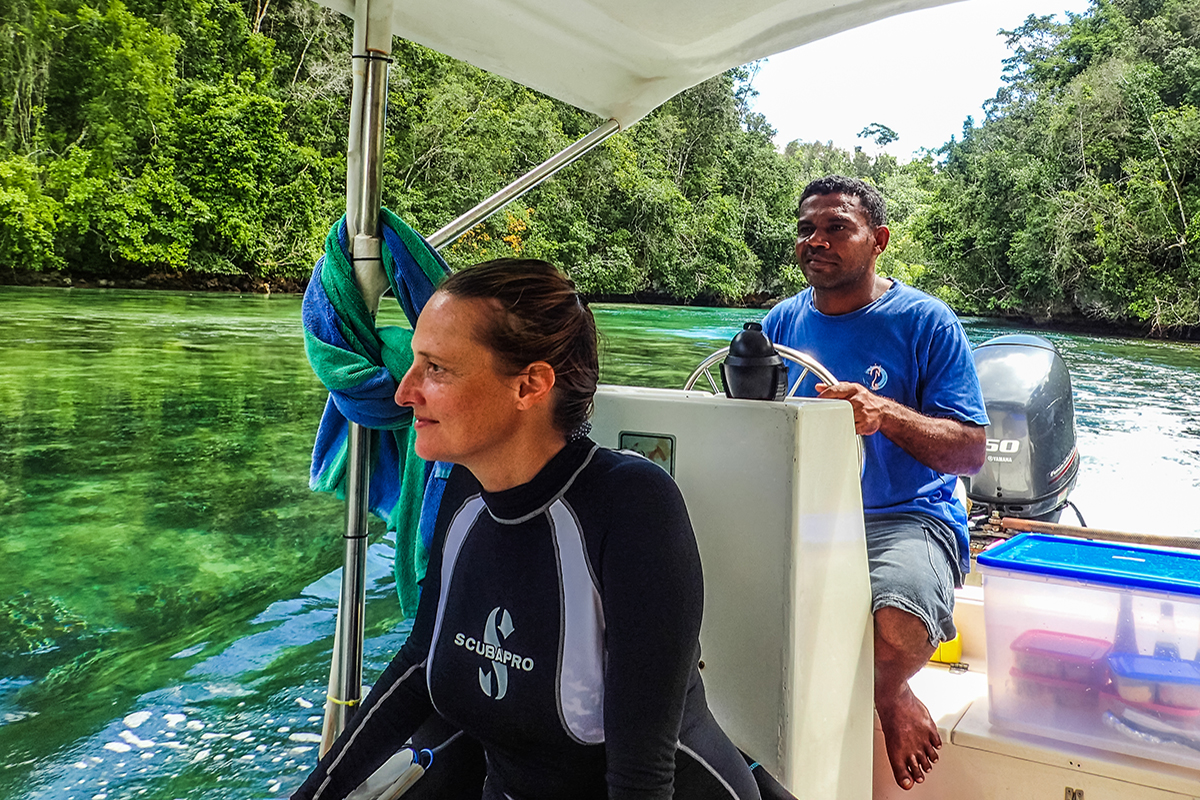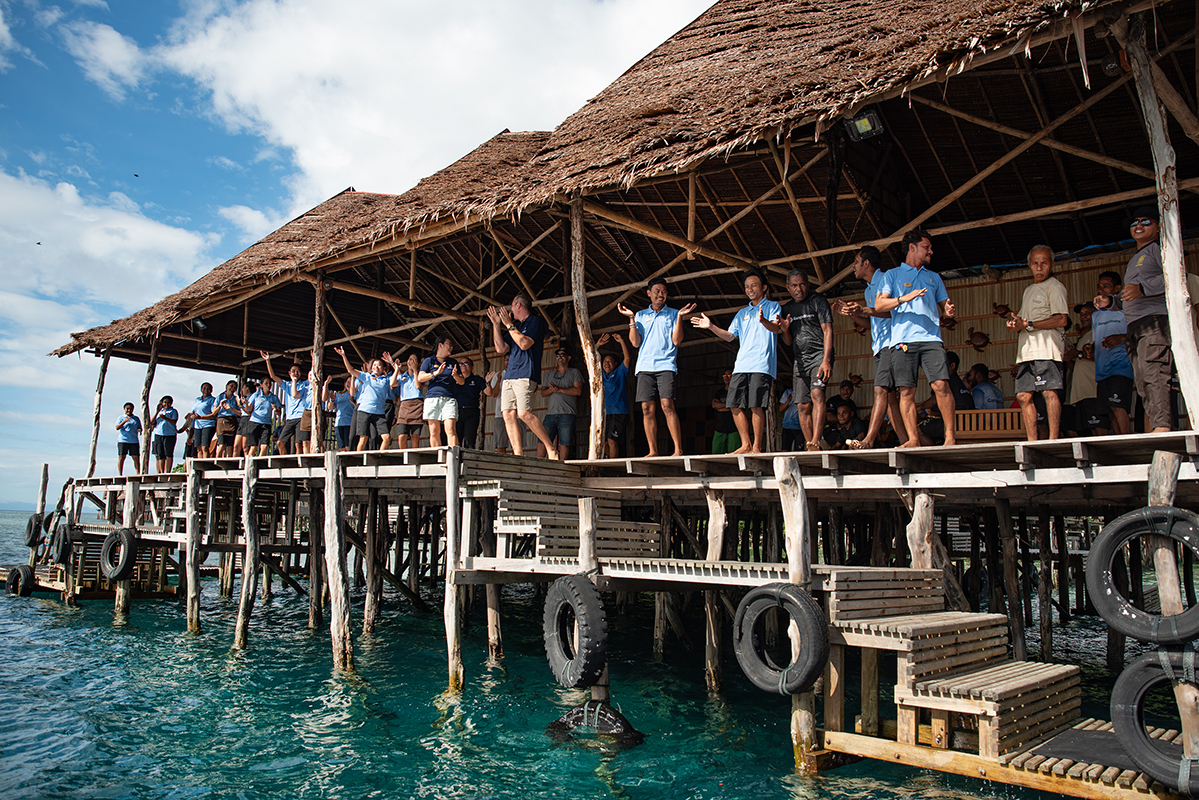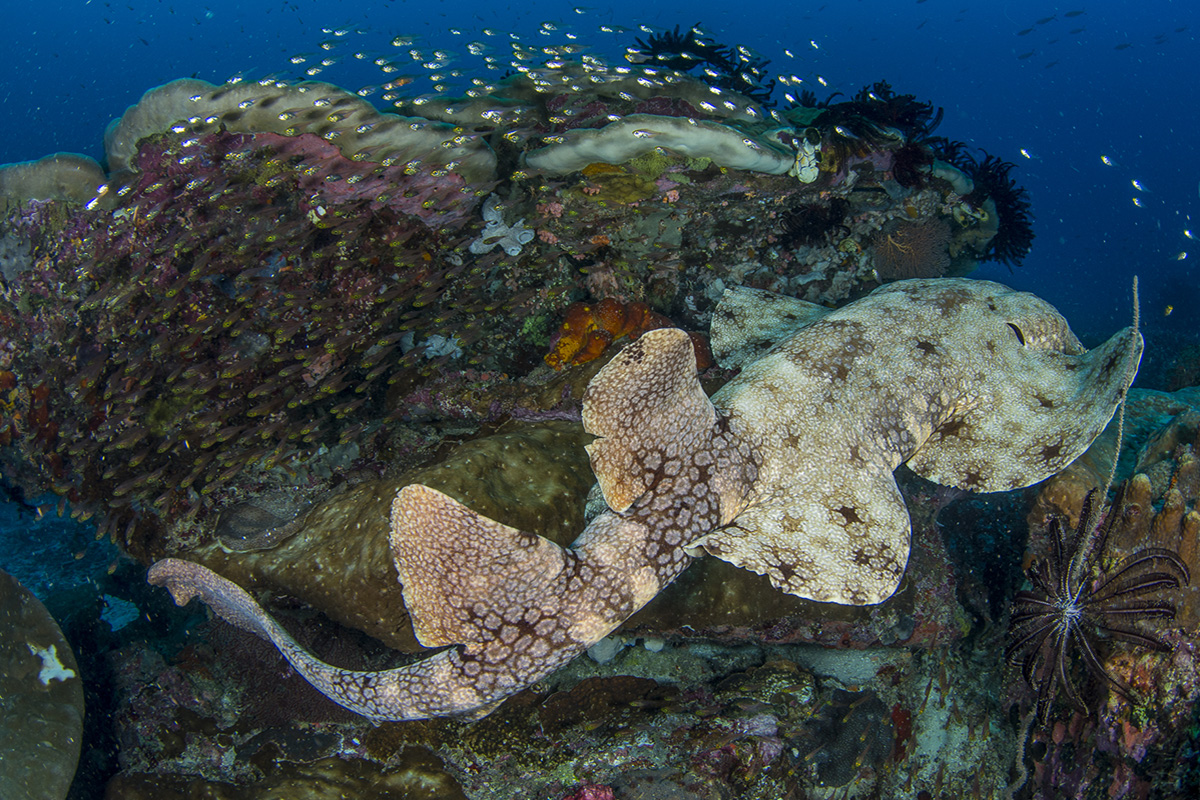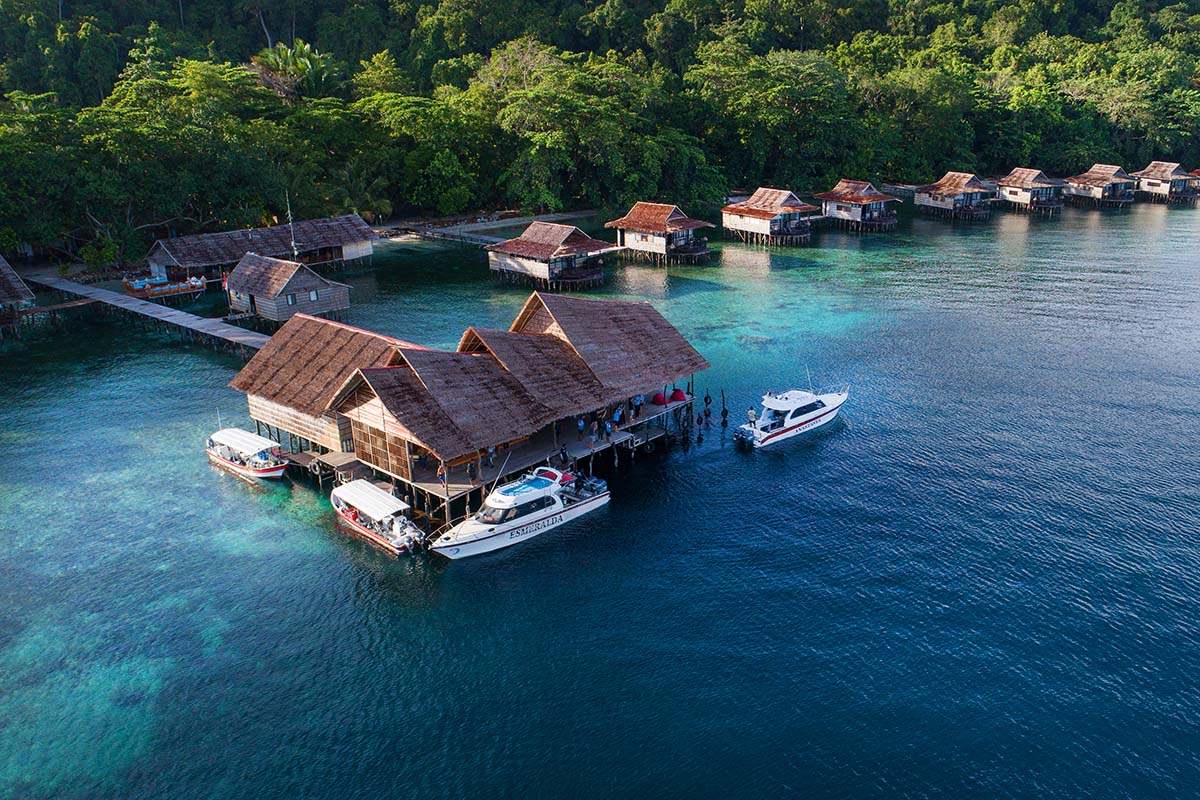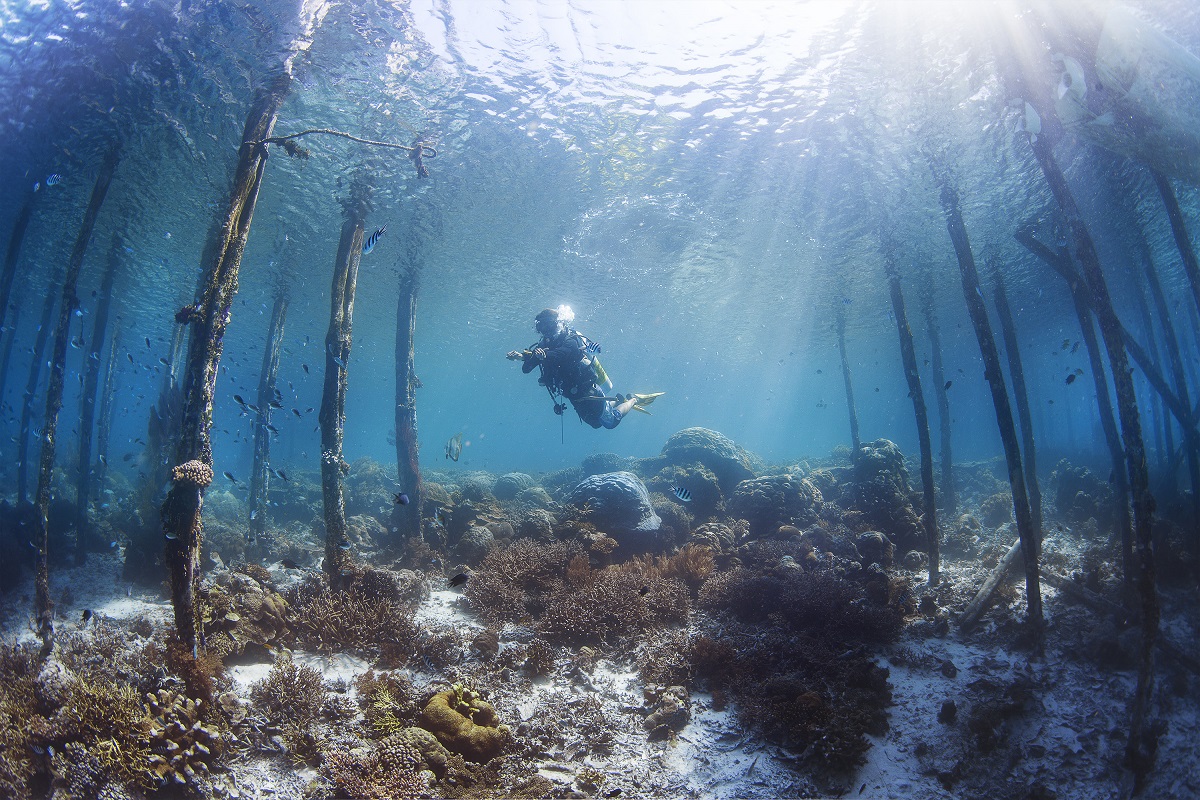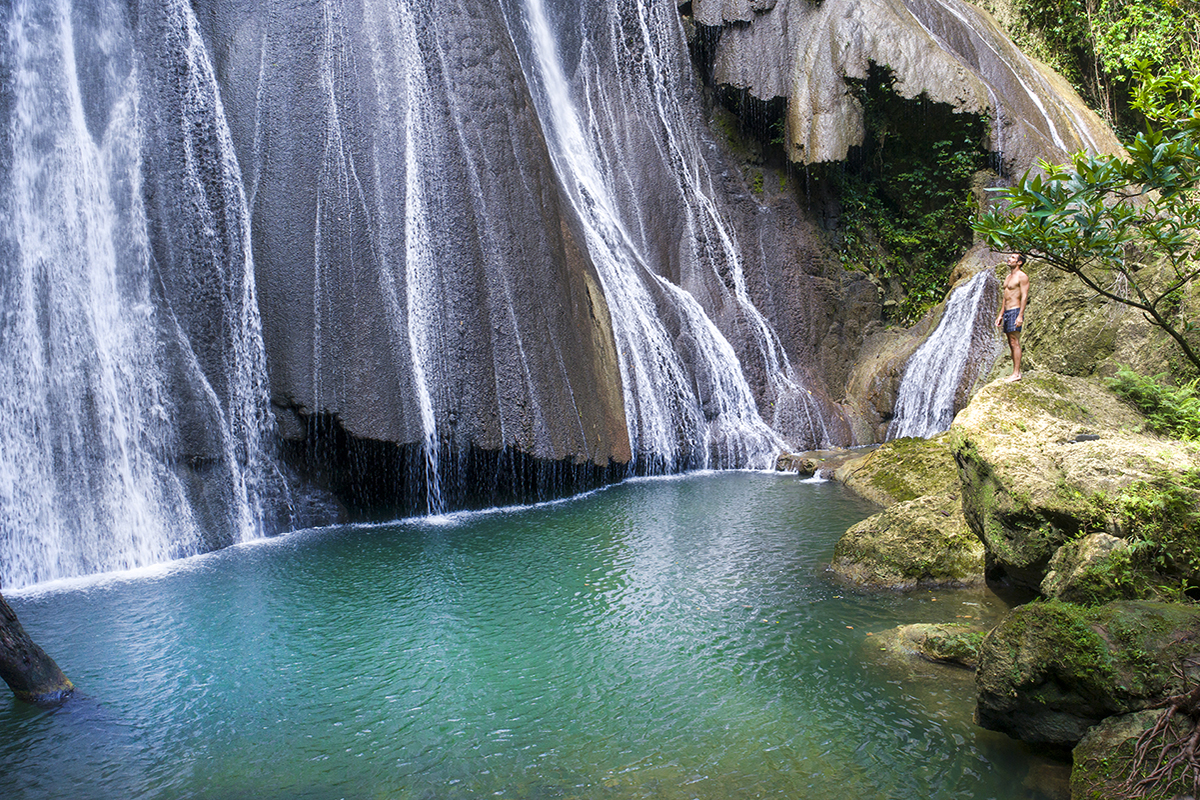Preserving Paradise: How Eco-Tourism is Saving Raja Ampat
Raja Ampat, an archipelago nestled within the heart of the Coral Triangle, stands as a testament to the wonders of nature. With over 1700 different species of fish and over 70% of the world’s coral species, this remote Indonesian paradise has become a beacon for eco-tourism. Travelers seeking an immersive experience in an environment teeming with biodiversity will love Raja Ampat.
To preserve this incredible place is a massive effort and many parties must work together. This article explores how eco-tourism practices are not only preserving the region’s delicate ecosystems but also contributing to the well-being of local communities.
Empowering Local Communities
At the heart of Raja Ampat’s eco-tourism lies a profound connection to its indigenous communities. Many of the staff at Papua Paradise Eco Resort are local people who are participating in eco-tourism every time they go to work. In recent years the government and local businesses have worked together to educate and assist local people to use tourism as a positive way to preserve the environment and their cultural heritage.
Conservation Efforts
Since 2004 2,000,109 hectares of marine habitats around Raja Ampat have been designated Marine Protected Areas (MPAs). These areas are partly paid for by the tourist tag fee you pay when you visit Raja Ampat. This and the banning of fishing of many protected species have been huge steps in the preservation of Raja Ampat’s marine environments. With the help of the government and law enforcement in these areas, Raja Ampat can be kept protected from overfishing, imbalances in the food chain, damage to coral, and many other issues that cause major damage to marine habitats.
Eco-Friendly Accommodations
The management at Papua Paradise Eco Resort has been focusing more than ever on lowering the resort’s carbon footprint and ensuring every possible measure is being taken to be as sustainable as possible. All of the buildings at the resort are built from as much sustainably sourced and biodegradable materials as possible. No harsh chemicals, cleaners, or amenities are used within the resort, and guests are discouraged from using any environmentally unfriendly products during their stay. Single use plastics are seriously discouraged and are used only when there is absolutely no other alternative.
Low-Impact Activities
Diving and snorkeling are the main draw to Raja Ampat and are absolutely low impact when done responsibly. Gangga Divers at Papua Paradise are vigilant about dive procedures and rules like not touching marine life and never taking anything from the ocean. They also promote marine conservation through education and sustainable dive tourism.
Although most guests to Raja Ampat come for the exquisite marine life, there are many above-water activities to enjoy as well. Most of these activities embrace the region’s eco-friendly ethos through low-impact activities like guided bird watching and kayaking. Papua Paradise Eco Resort offers many excursions that allow travelers to connect with nature without leaving a trace.
Raja Ampat’s Preservation is Also in Your Hands
You may feel that Raja Ampat would be better off just left alone, but in fact tourism is imperative to the preservation of the region. As long as you travel responsibly and keep in mind sustainable principles, visiting the archipelago is the very best thing you can do. As travelers, we have the power to shape the future of destinations like Raja Ampat.
By embracing and promoting eco-tourism, we not only ensure the preservation of this natural wonder but also contribute to the well-being of its people. In Raja Ampat, paradise can be safeguarded for the generations yet to come.
How do you do your part to travel sustainably when you are on holiday? Let us know in the comments box below.

